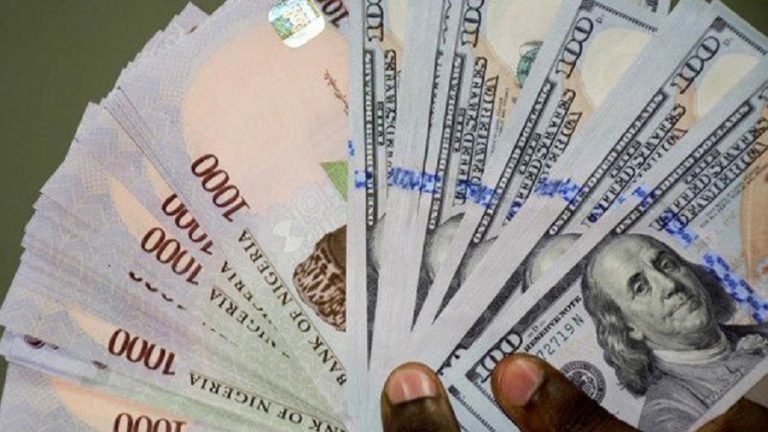The Federal Government activities following disbursements from the Federation Account Allocation Committee (FAAC) are being scrutinised for their impact on the depreciation of the naira, as indicated by data analysis and interviews with informed sources.
According to insights gathered by BusinessDay, a pattern emerges wherein segments of funds allocated through FAAC are frequently converted into dollars by certain governmental entities in the parallel market, exacerbating pressure on the national currency.
An examination spanning from July 2023 to January 2024 reveals a consistent trend of naira depreciation within six months following FAAC disbursements to federal, state, and local governments.
Jude Idimogu, a notable figure within the All Progressives Congress (APC), highlighted this phenomenon, stating, “With the removal of fuel subsidy, more volumes of naira are being shared by the federal, state, and local governments, and some of these funds are exchanged for dollars in the parallel market.” Idimogu emphasized the adverse consequences of such practices, asserting that they exacerbate currency depreciation.
Furthermore, the liberalization of Nigeria’s foreign exchange market by the Central Bank since the previous June has contributed significantly to the devaluation of the naira, consequently bolstering revenue for the nation’s economy.
Experts caution that there exists a direct correlation between FAAC disbursements and heightened demand for dollars, particularly evident in the parallel market. Muda Yusuf, CEO of the Centre for Promotion of Private Enterprises (CPPE), underscores the importance of reevaluating reform strategies in light of empirical data, warning against overreliance on theoretical models that may not adequately address market realities.
Yusuf stresses the potential adverse effects of unregulated currency flotation, citing inflationary pressures and socioeconomic ramifications that would disproportionately affect citizens.
The interplay between FAAC allocations and currency depreciation is further illustrated through specific instances. For instance, following the disbursement of N907.1 billion in June, the naira-dollar exchange rate in the parallel market experienced a decline from N825/$ to N860/$. Similar fluctuations were observed in subsequent months, coinciding with FAAC allocations and indicating a tangible link between government financial activities and currency devaluation.
As discussions surrounding economic policies intensify, stakeholders emphasise the imperative of adopting measures that prioritise stability and mitigate adverse effects on the national currency and broader economy.



